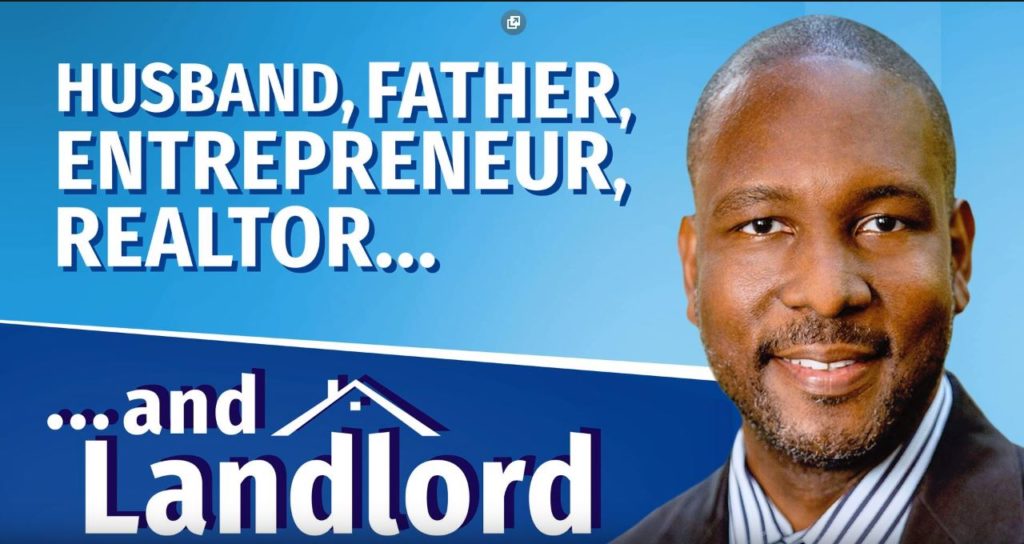Ep. #12 - Special | Elevate Your Real Estate Investment - Introducing Blue Chariot Management
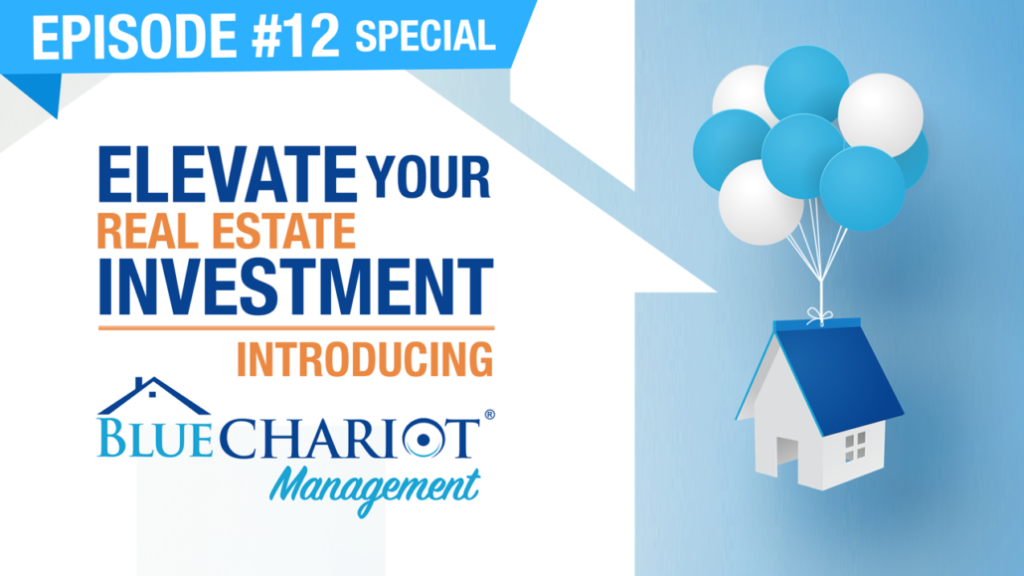
Show Episode Transcript
I’ve got a special announcement for anyone with investment real estate (a residential rental property) in the Raleigh / Durham area… Blue Chariot Management is here! I’m sure you’ve heard my prior brief mentions of hiring me and Blue Chariot to manage your rental property here in the Triangle area of North Carolina, which includes Raleigh, Durham, Chapel Hill, Cary and the smaller surrounding cities up to about an hour in all directions. Until now we’ve been slowly taking on clients mostly from referrals – but TODAY is the official launch of Blue Chariot Management!
Long Intro…
Welcome to a Special Episode #12 | Elevate Your Real Estate Investment – Introducing Blue Chariot Management
Now the [… and Landlord] Rental Real Estate Investing Podcast is all about following a road-map to financial freedom through residential real estate investing (rental properties). To that end, of course I seek to teach about real estate in general, but since it’s rental real estate, naturally I also seek to teach how to be a Landlord (the best you can be). But the name “… and Landlord” originates from the full title as mentioned in the intro you just heard – “Husband, Father, Entrepreneur, Realtor – (a long list of other titles and descriptions)… and Landlord!” – and as such, certain special episodes (like this one) will touch on some of those other aspects of who I am and what I do.
So today’s episode serves as an announcement for my latest entrepreneurial endeavor, that also relates to my being a Realtor (a requirement here in North Carolina to be a Property Manager) – Blue Chariot Management!
Since I started Blue Chariot back in 2015, it has grown to become many things, the latest of which is Blue Chariot Management. Let’s start with the Website… Go to BlueChariot.Management (not .COM / .Management), although you can get there from BlueChariot.com – instead go directly to BlueChariot.Management. This is where you can learn and inquire about Blue Chariot’s Property Management Services.
In prior and coming episodes of the [… and Landlord] Podcast, I have and will continue to give insight into tools and tips for effectively managing your investment rental property on your own. But being able to do something yourself does not mean that its always the best use of your time.
As such, you can now hire me and the Blue Chariot Management Team to manage your investment rental property on your behalf – if located in the Raleigh / Durham area of North Carolina. That’s why in addition to “Introducing Blue Chariot Management”, the title of this episode is “Elevate Your Real Estate Investment” – which is exactly what having Blue Chariot Management take over your investment rental property will do for you.
If you’ve not already, I invite you to listen to Episode #8 “Don’t Let Vacancy Kill Your Rental Cashflow“. And Episode #9 “Rental Property Advertising – How To Make Your Rental Home Stand Out From The Crowd“. In these two episodes I demonstrate how to avoid VACANCY, which is one of the largest expenses you’ll suffer as a Landlord – while your rental property sits empty between tenants. In these, I also touch on how to lessen the frequency and cost of tenant turnover – another major expense for Landlords.
So “Elevate Your Real Estate Investment” by hiring a Property Manager who knows how to get the most attention for your now (or soon to be) vacant rental property. And who further knows how to screen tenants and handle the tenancy to result in a long-term occupant who treats the home with care, causes no problems and pays their rent on time.
To this end, listen to Episode #11 “Make Sure Your Lease Protects Your ASSets” – where I mention your lease can be a sword and shield to protect your rental investment. Having an effective lease that covers common occurrences and a Property Manager who knows how to leverage it for tenant screening, handling and the communication is a large part of how a long-term, problem free tenancy is created. Which all goes a long way towards avoiding not just vacancy, but also damage to your property and costly tenant turnovers.
Further, Blue Chariot Management provides you with all the reports and data that you’ll need to know just how well your real estate investment is performing, including all that your accountant will need for annual tax filings.
Blue Chariot Management services include: marketing your rental vacancy; tenant screening, leasing and on-boarding; rent collection; property maintenance; financial reporting; and handling of all tenant communications, notices, lease violations, and more… – and if ever needed… Eviction handling (although our systems, policies and procedures are implemented so as to make that a highly unlikely outcome).
Prior to offering Property Management myself, I’ve been asked by other investors what they should look for in a Property Manager; and what questions they should ask. Well its a bit self-serving (granted), but were I a rental property investor seeking to outsource my Property Management, I’d want to go with someone who is also an investor themselves – who owns and manages their own rental properties. One of the benefits of having your property managed by Blue Chariot Management is that your property will become a Blue Chariot Property – treated no different than my own.
I have a client rental property listed for rent right now with no interior pictures shown – yet when broadcast to my list of people who have previously inquired about one of my rental properties, interest has been very high – and its likely I’ll have it rented prior to even posting interior pictures or conducting showings, because those familiar with Blue Chariot already know what to expect from a Blue Chariot Property. The brand itself becomes a powerful marketing tool – helping to promote higher rents and less vacancy. And since these people have already been in contact with us previously, they already know how Blue Chariot Properties are managed. So you can “Elevate Your Real Estate Investment” by having your rental property become a Blue Chariot Property.
As a Blue Chariot Management client, everything you’ve heard me say to date here on the [… and Landlord] Podcast (and that I will say going forward), will be put to work for your rental property, to elevate it to the highest level of profitable performance. And as a Realtor with Blue Chariot Realty, if you ever wish to sell your property or buy another – we can represent you there also. In fact, if you are an investor like me who buys distressed properties to make them into rentals, you can have no better team member to help you evaluate and acquire properties – and get them quickly rehabbed into cash-flow positive rentals. We’re even able to help you secure financing for a purchase and then manage the rehab on your behalf – right through tenant placement and refinance. That’s what I do with my own properties, so I can certainly help you in doing the same.
So nothing more lengthy for today’s episode… I just wanted to officially announce Blue Chariot Management, and make it known that we are now offering Professional Rental Property Management in the Raleigh / Durham (Triangle area) of North Carolina. Checkout the Website at: BlueChariot.Management (not .COM / but .Management). And we can be reached by phone at: 844-YES-BLUE (that’s 844-937-2583). If you have a rental property in Durham, Raleigh, Cary, Chapel Hill (or any of the smaller cities within an hour in all directions), that is (or is soon to be) vacant, reach out to us and get a FREE Rental Analysis and quote for our services.
If you have an occupied rental that you’d like for us to take offer and the tenant will be remaining, that may also be possible (we have done that on occasion); however, at this point our focus is on placing our own tenants. A lot goes into tenant placement and training them to do things a certain way and setting expectations, so taking over an existing tenant does not always work as well – depending on how things were handled previously.
Right now Blue Chariot Management is focused on single-family and small multi-family homes. And as we go along we’ll move into larger multi-family, only as we invest in our own properties of that larger size, as that is really a different animal altogether. Also, we’ll eventually offer services in other markets; however, for now we wish to expand solely in the Raleigh / Durham area. Growth in multiple markets is the long-term goal for Blue Chariot, but there’s no hurry – so we wish to grow here at home before expanding to other markets.
Again, please check out: BlueChariot.Management – and please also excuse my pretty face near the bottom of the home page.
Outro…
Disclaimer…
Blue Chariot Management is here! #12 is a Special Episode of the […and Landlord] Rental Real Estate Investing Podcast, titled “Elevate Your Real Estate Investment – Introducing Blue Chariot Management”. Effective Property Management is an essential element of having a profitable Rental Real Estate Investment Property. This Special Episode serves as the official announcement of Blue Chariot Management. Professional Property Management by Blue Chariot for Single-Family and small Multi-Family Rental Properties in the Raleigh / Durham (Triangle) area of North Carolina.
Prior episodes of the [… and Landlord] Podcast have given insight into how you can more effectively self-manage your rental property… Like #8 | Don’ Let Vacancy Kill Your Rental Cashflow; and #9 | Rental Property Advertising How To Make Your Rental Home Stand Out From The Crowd – among others. But now you can hire Jonathan Taylor Smith and Blue Chariot Management to handle this on your behalf.
Here’s more from Jonathan Taylor Smith and what we have to offer for Triangle Property Management…
Durham Property Management
My personal rental properties are spread all over Durham. I love having rental properties and living in Durham. I moved to Durham from the Tampa Bay area of Florida, back in 1996. I met the woman who became my wife (of 19 years and counting) a short time later, and I’m still here over 23 years later. Durham is a great city to own rental property, with great things happening all over, especially in and around the Downtown Durham area. Investing in rental properties in Durham has required that I learn this city in detail – down to the street level.
Opportunities abound in Durham for: Luxury Rentals; Student Rentals; Section 8 Rentals; and everything around and in between. Rental rates are generally good compared to property cost, and appreciation is present for most areas. Durham was a great place to live when I first moved here, and it has only gotten better.
Raleigh Property Management
I live in Durham, but I’m in South Durham, about 5 minutes from Raleigh or 10 minutes from the RDU Airport. I’m near the Brier Creek area, so I’m about as close to Raleigh as you can get and still live in Durham. My office for Blue Chariot Realty (Keller Williams) is on Brier Creek Parkway. I’m just minutes from Hwy 70 (Glenwood Ave), I-540 and I-40… In other words, I’m no more than 30 minutes or so away from just about anywhere in Raleigh from my home in South Durham and KW office in Raleigh.
I’ve tried many times to obtain personal rental properties in Raleigh, but just keep getting outbid (once by only $100). I keep trying and I’m certain to get one soon and will end up with many as the years go by, but I refuse to over-pay. That’s the thing with Raleigh… All the great things underway in Durham in recent years, started years earlier in Raleigh. And Raleigh also has all the scenarios for: Luxury Rentals; Student Rentals; Section 8 Rentals – just the same, up and down.
Chapel Hill Property Management
My son was born in Chapel Hill at UNC Hospital in 2007. My wife graduated from UNC in 1998. I attend as many Basketball and Football games of UNC in Chapel Hill as I’m able (but I’ve also gone to several Duke games – both colors are in the Blue Chariot logo for a reason). And I’m driving all over Chapel Hill looking for rental properties before and after each of my appointments at UNC Medical Center. Chapel Hill is an awesome city for rental properties with both excellent rents and appreciation. And like certain areas of Durham and Raleigh, Student Rentals are popular in Chapel Hill, and can boost rental profits significantly higher than traditional rentals.
Cary Property Management
Cary (like Raleigh) is nearby my South Durham home and my Raleigh (Brier Creek) office, easily accessible within about 30 minutes via I-540 and I-40. Cary is a great rental property market, as it is ideally located for prospective tenants who may work in Raleigh or Durham, but prefer living in Cary. Cary has an overall upscale vibe, so properties can tend to be pricey, but rents can certainly cover it in many locations.
The Blue Chariot Management Team
While I’m the principle, Blue Chariot Management is not a one-man operation. I’ve built a team of people and vendors to aid me in offering Professional Property Management for Triangle Landlords. In subsequent posts, podcast episodes, etc… I’ll introduce you to the other members of the Blue Chariot Team.
Please visit: BlueChariot.Management – to learn more about Blue Chariot Management and to get a FREE Rental Analysis and quote for Professional Rental Property Management from Blue Chariot.
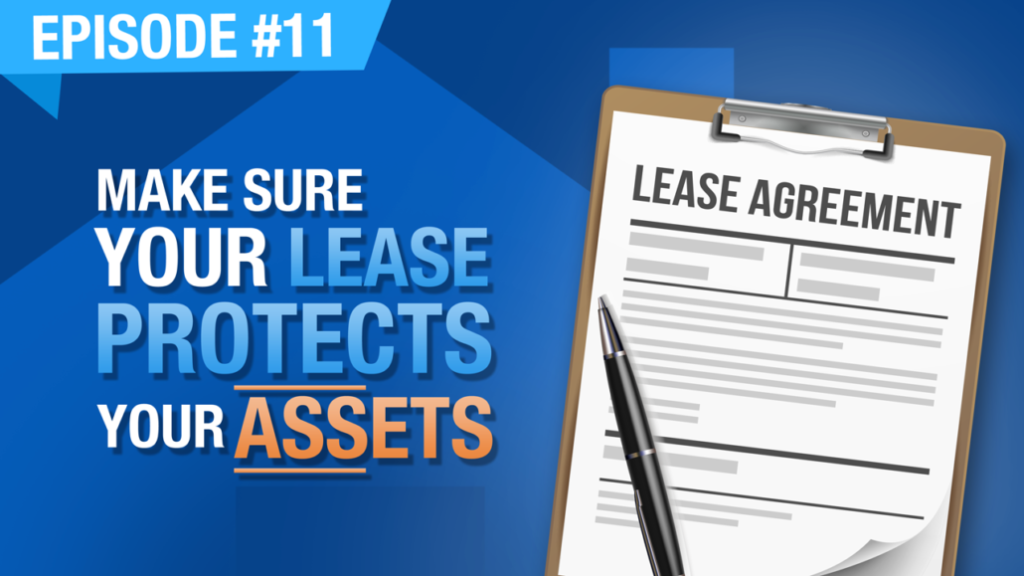
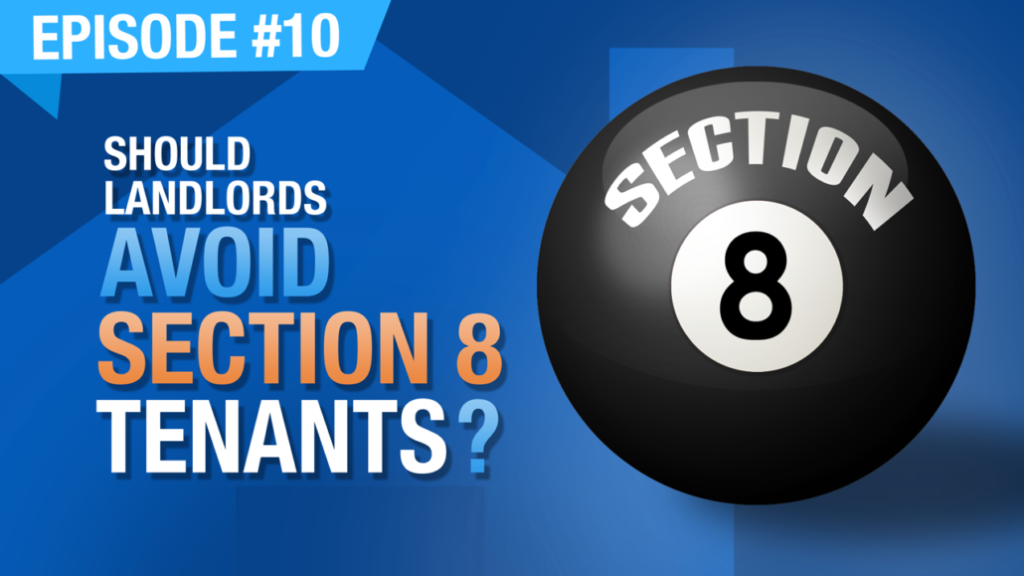

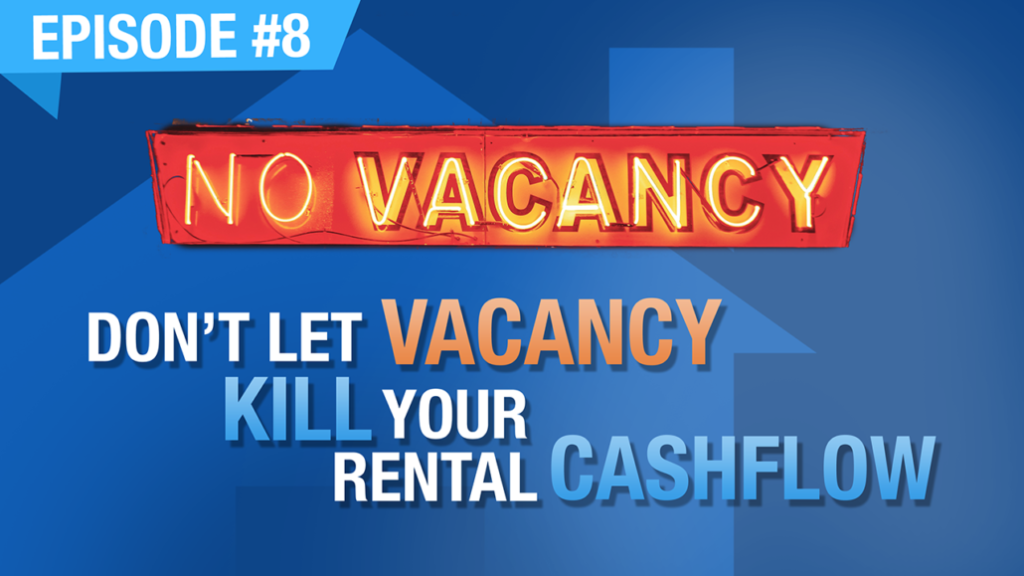
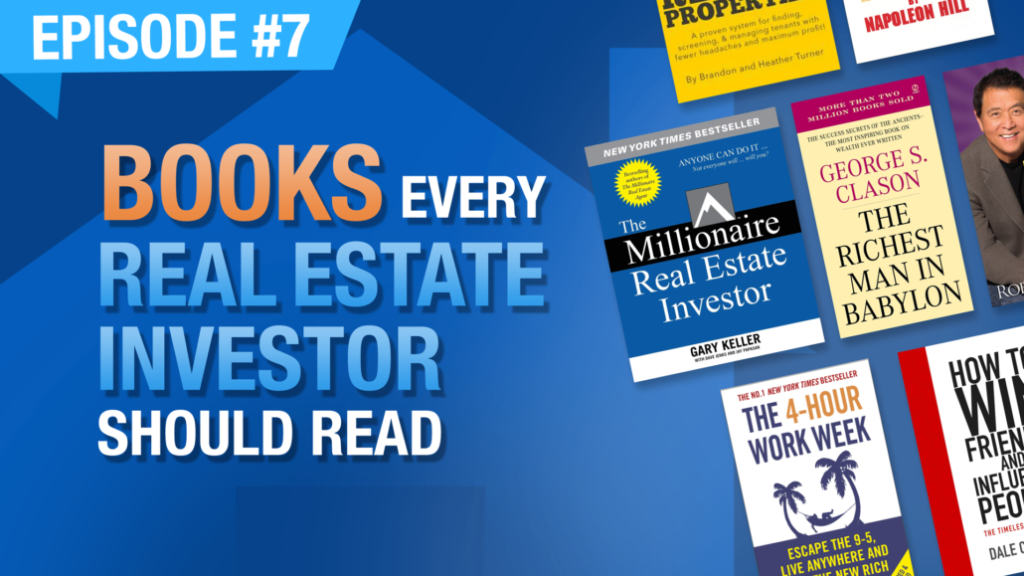
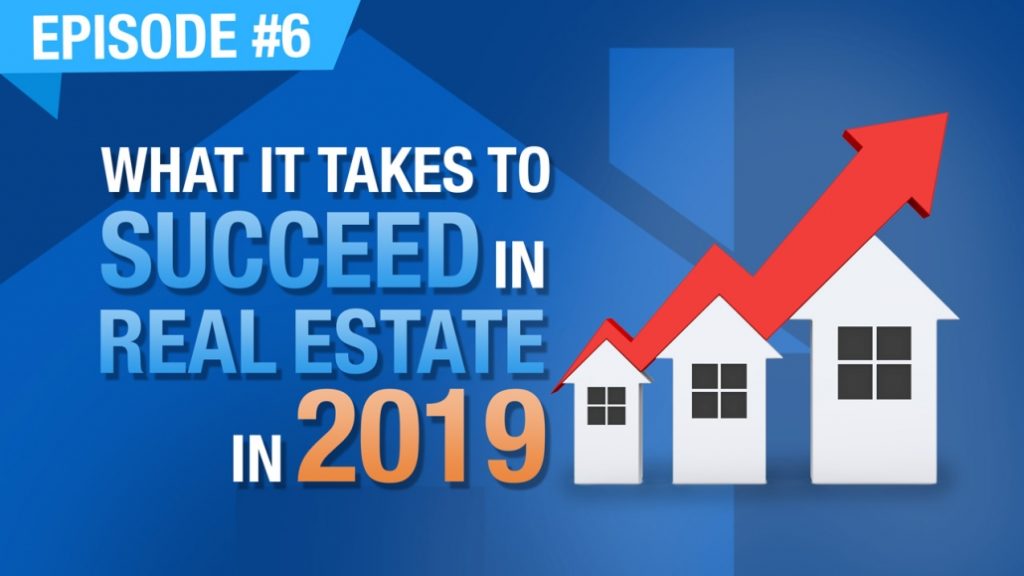
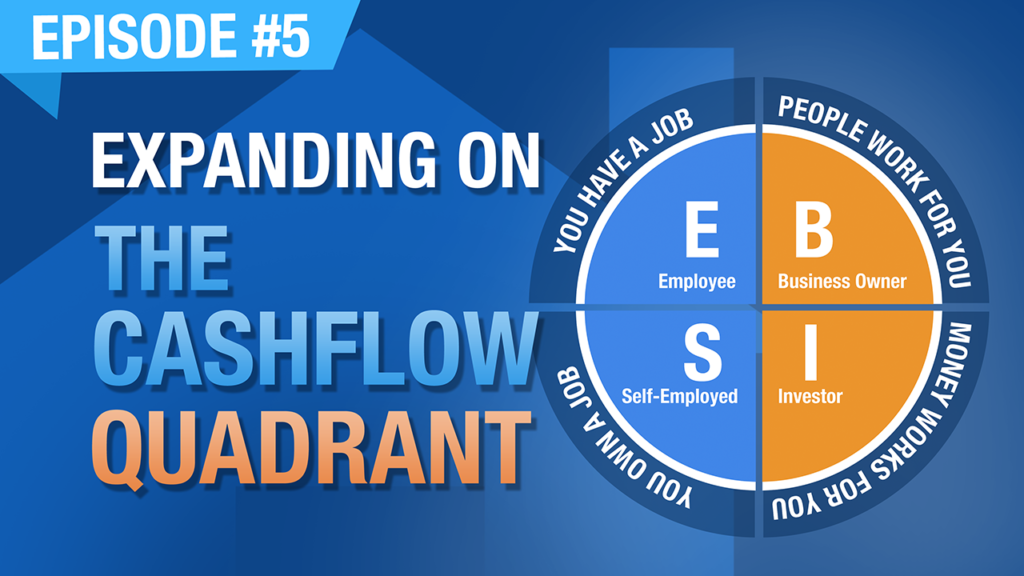
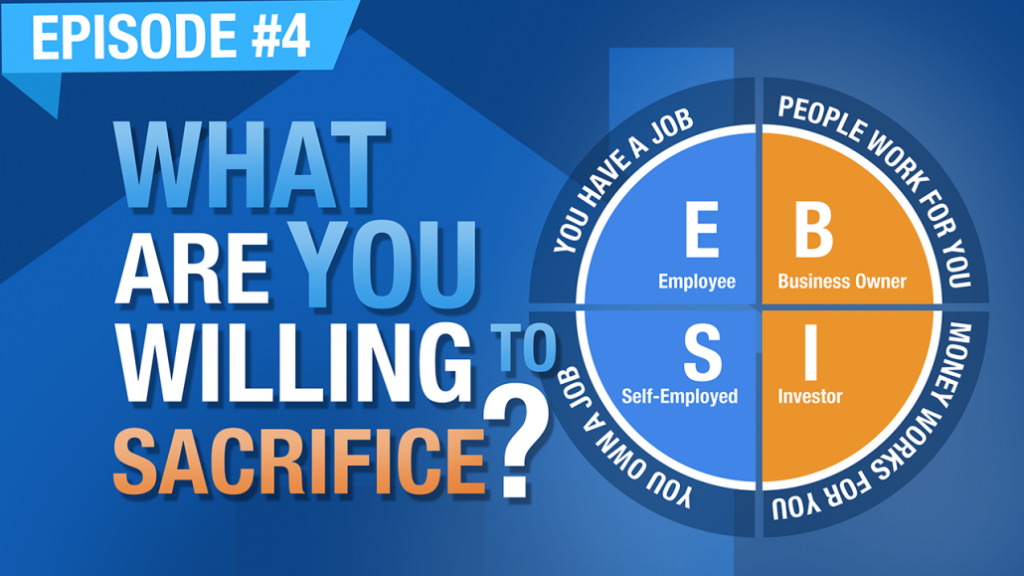
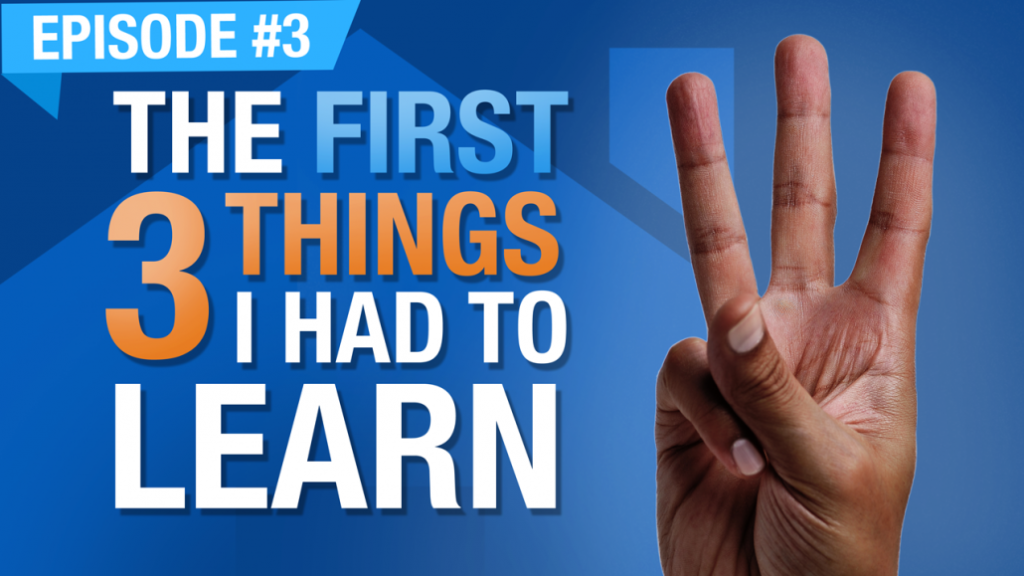

![Ep. #2 | The Book & Townhouse That Started My [… and Landlord] Residential Rental Real Estate Investing Journey](https://andlandlord.com/wp-content/uploads/2019/06/Episode-2-YouTube-720p-1024x576.png)


